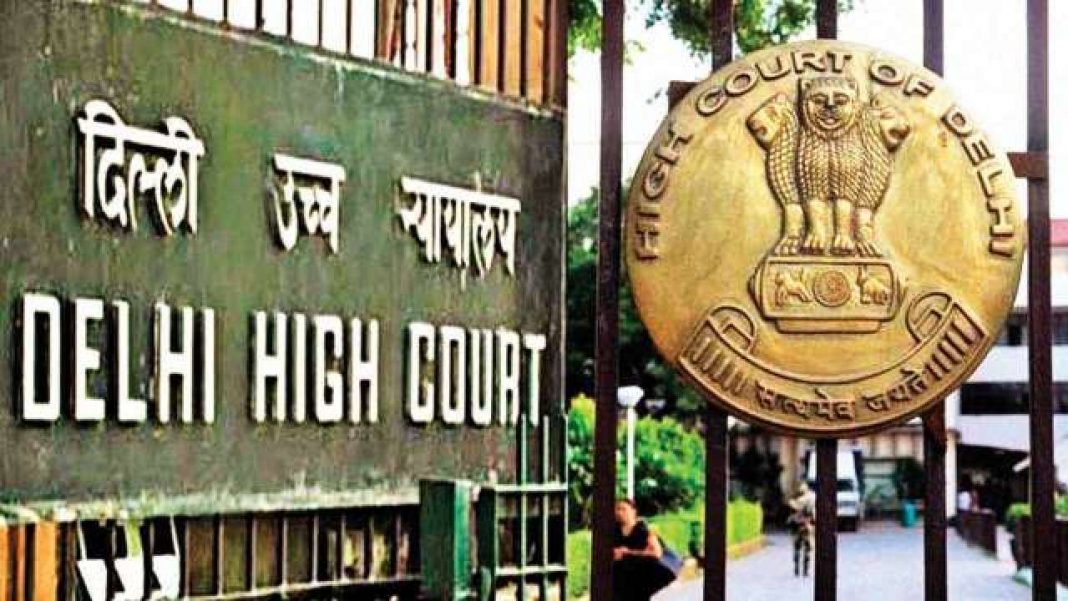The High Court of Delhi has come up with a unique proposal to utilise the money collected by defaulting litigants for planting of 10,000 trees across the national capital, in the larger interest of the environment and the humans as well.
Noting that the authorities have collected around Rs 80 lakh from defaulters in contempt and other cases, the Single-Judge Bench of Justice Najmi Waziri directed the authorities to utilise the amount in the ‘larger’ interest by planting 10,000 trees in Delhi.
It said the plantation of trees was one of the exercises which the court would consider for utilisation of money for public good as the trees silently and consistently provide multiple benefits to the city, till the time they remain alive, provided there was no hindrance to their growth by either the public or the landowning agencies.
Such plantation would be beneficial for the future generations of people residing in Delhi as the trees would serve as carbon sump, absorbing some of the atmospheric pollution, which plagued the city all year round, noted the Bench.
Justice Wazri said besides increasing the green cover around the city, the trees would lend beauty and grace to the national capital and provide a soothing ambience to passersby.
The High Court was apprised that subsequent to its order passed on May 24, over Rs 70 lakh had already been transferred to the bank account of the Deputy Conservator of Forests (DCF) of Delhi government.
Justice Waziri said the money would now be used to plant trees with the assistance of different government agencies, including the DCF and the Public Works Department (PWD), in areas identified by the lawyers appearing for the respective parties and those assisting the Court.
Appointing the lawyers appearing for the respective parties and those assisting the court as Court Commissioners, the Single-Judge Bench directed each of them to plant at least 2,500 trees.
The High Court further ordered the Public Works Department (PWD) and the Forest Department under the Delhi government to facilitate transportation of the Court Commissioners. It further directed the local police to provide all possible assistance in the plantation drive.
It said the forest department would further take into consideration the type of soil and topography of a place while planting varieties like Pilkhan, Papdi, Kachnaar, Goolar, Kala Siris/Safed Siris, Jamun, Amaltas, Kadamb and Badh.
The High Court directed that each tree to be planted should have a minimum nursery age of three years and a minimum trunk height of 10 feet.
Both the DCF and the Court Commissioners were directed to file a compliance affidavit, along with photographs showing the plantation sites before and after plantation, surrounded with tree guards or fences.
Justice Waziri stressed on community participation in the plantation drive, stating that maintenance of trees was equally important.
The authorities were directed to install signboards at prominent junctions, displaying that plantations were being carried out on the directions of the Delhi High Court.
The High Court directed the land-owning agency to inform the Tree Officers and Court Commissioners about any attrition of trees or damage to them by way of photographs and devise a solution to the problem on an immediate basis.


